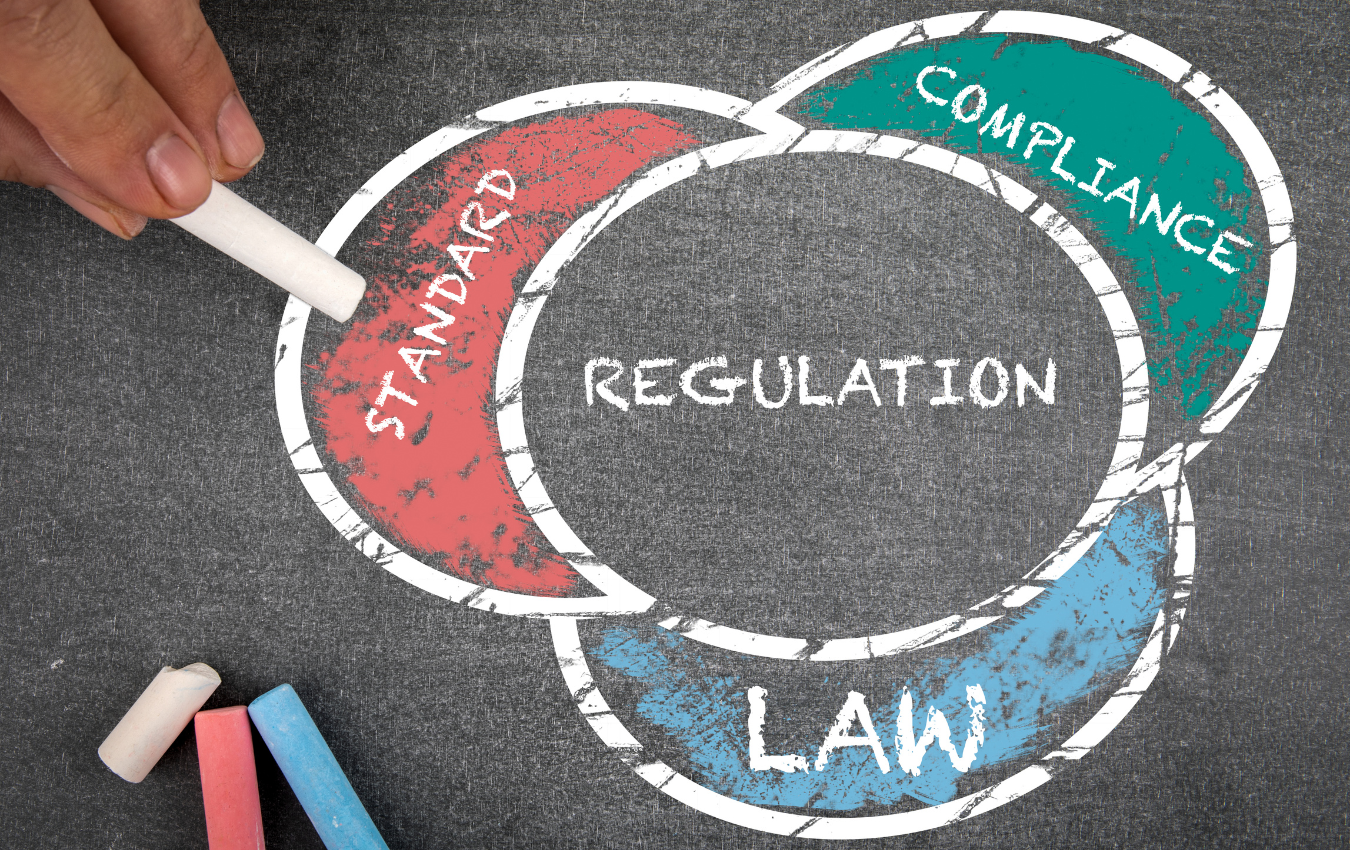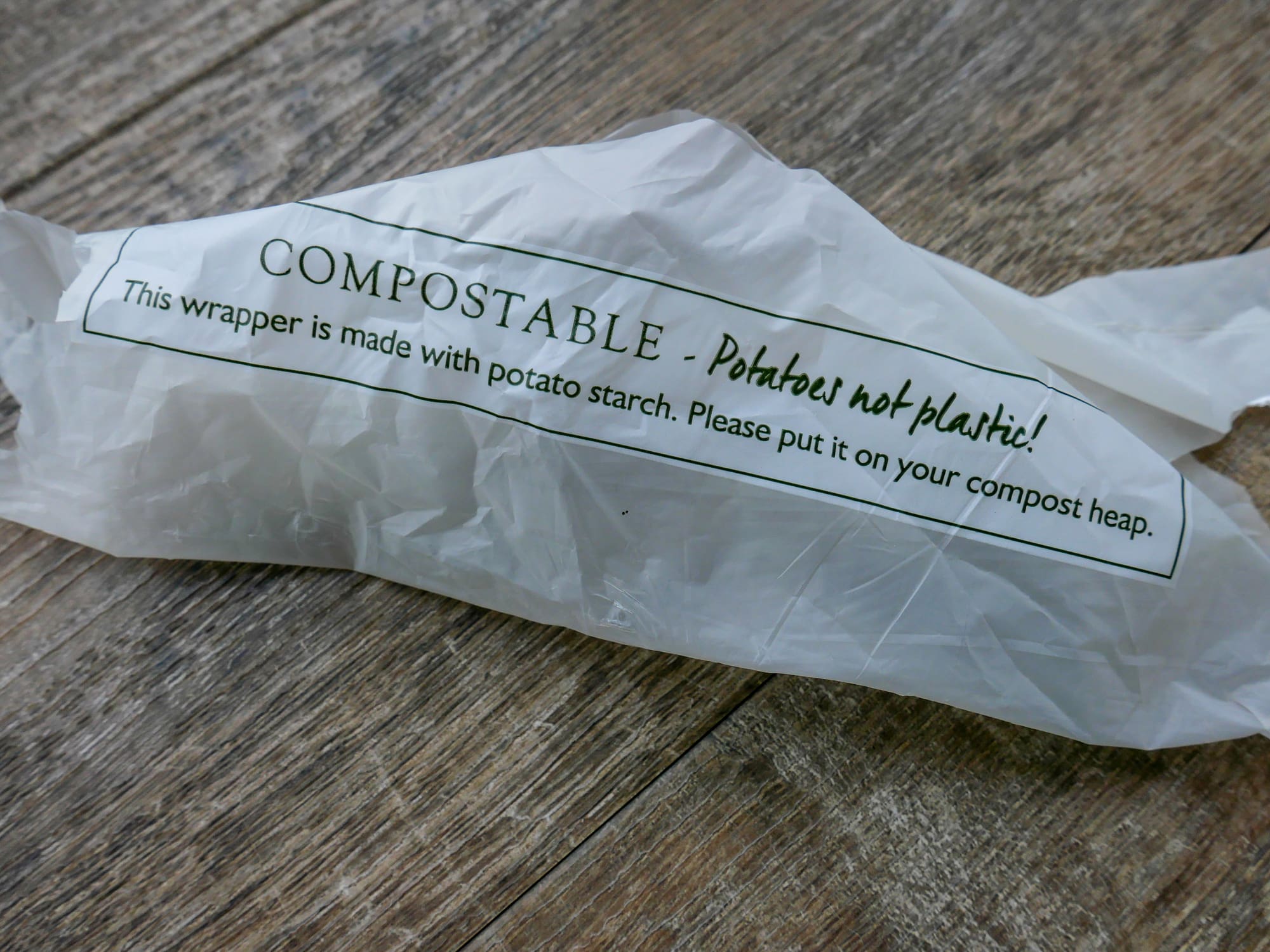Home » California’s Rigid Plastic Packaging Container (RPPC) Act
California’s Rigid Plastic Packaging Container (RPPC) Act

California has long been a pioneer in environmental protection, and its stringent packaging laws are a testament to its commitment to sustainability. Among these regulations, the Rigid Plastic Packaging Container (RPPC) Act stands out as a game-changer. This law not only promotes eco-friendly packaging but also holds manufacturers accountable for reducing packaging waste. In this blog, we will delve into the RPPC Act, exploring its key provisions, impact, and implications for businesses and consumers.
Understanding the RPPC Act
The RPPC Act, enacted in 1991, places specific requirements on manufacturers of rigid plastic packaging containers sold in California. Its primary objective is to minimize packaging waste and promote recycling. Here are the key provisions of the RPPC Act:
Minimum Recycled Content:
One of the fundamental requirements of the RPPC Act is that manufacturers must use a minimum percentage of recycled content in the production of rigid plastic packaging containers. This provision encourages the use of post-consumer recycled materials in packaging, reducing the demand for virgin plastics.
Recycling Symbols:
To enhance recycling efforts and raise consumer awareness, the RPPC Act mandates that qualifying containers bear specific recycling symbols. These symbols provide valuable information to consumers about the recyclability of the packaging.
Compliance and Penalties:
Non-compliant products, those that do not meet the RPPC Act’s requirements, may face penalties. Manufacturers are obligated to ensure that their packaging adheres to the law’s provisions to avoid potential fines and legal repercussions.

Impact on Packaging Sustainability
The RPPC Act has had a profound impact on packaging sustainability in California and serves as a model for other states and regions. Here’s how this law has contributed to a greener and more sustainable packaging landscape:
Encouraging the Use of Recycled Materials:
By mandating a minimum percentage of recycled content in rigid plastic packaging containers, the RPPC Act incentivizes manufacturers to incorporate recycled materials into their products. This reduces the demand for new plastic production and conserves resources.
Promoting Recycling Education:
The requirement for specific recycling symbols on packaging helps educate consumers about proper recycling practices. When consumers see these symbols, they are more likely to participate in recycling programs, diverting more packaging waste from landfills.
Reducing Packaging Waste:
Perhaps the most significant impact of the RPPC Act is its role in reducing packaging waste. By setting recycling standards and encouraging the use of recycled materials, the law minimizes the environmental footprint of packaging.

Implications for Businesses and Consumers
Compliance Challenges for Manufacturers:
Manufacturers operating in California must invest in research, development, and production processes that align with the RPPC Act’s requirements. This may involve sourcing recycled materials, redesigning packaging, and ensuring proper labeling.
Competitive Advantage:
Businesses that proactively comply with the RPPC Act gain a competitive advantage in California’s environmentally conscious market. They can market their products as eco-friendly and responsible choices.
Consumer Empowerment:
Consumers benefit from the RPPC Act through increased awareness of recycling symbols and access to more sustainable packaging options. They can make informed choices that align with their environmental values.
If you are interested in California packaging compliant solutions, then partner with Brown Packaging today to get started.
Affordability used to be a quiet compromise — a goal that lived behind the scenes while marketing focused on gloss and finish. But in today’s
The Challenge Parakeet Cafe was preparing a holiday coffee blend promotion and needed custom digital printed pouches that reflected a festive, premium look. While the
Premium packaging sells — until it doesn’t. In an environment where raw material costs, shipping rates, and consumer budgets all fluctuate, the smartest brands are
Dimensional (DIM) weight pricing has become a major driver of shipping costs in e-commerce and industrial supply chains. Carriers charge based on the greater of
The first quarter is a critical period for packaging buyers to reset supply levels after the holiday surge. Overstocking ties up capital, while understocking creates
Subscription packaging continues to expand across beauty, food, lifestyle, and specialty products. Buyers must balance branding, protection, and sustainability while keeping fulfillment efficient. This checklist
Home » California’s Rigid Plastic Packaging Container (RPPC) Act

In the dynamic landscape of consumer goods, understanding and adapting to changing consumer behavior is crucial for maintaining relevance and competitiveness. One of the most

What Is Luxury Packaging? Luxury packaging is designed to communicate exclusivity, premium quality, and sophistication. High-end brands rely on these packaging solutions to create a

In 2025, more U.S. companies are ditching overseas packaging suppliers in favor of domestic manufacturers due to a mix of economic, logistical, and quality-driven factors.


